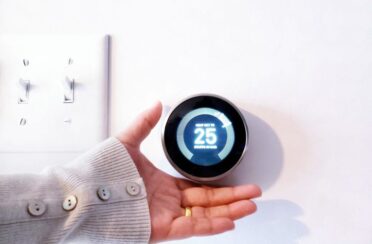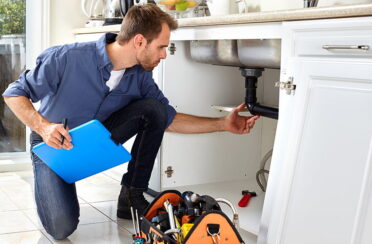Noises coming from your furnace can be unsettling. Left untended, a noise can sometimes cost you money, compromise your furnace and prove highly dangerous. So how do you know when the sounds you’re hearing mean trouble?
- Whistles and whines are often due to air leaks in your ducts. Try to isolate the sound by turning off the heat and keeping the blower on.
- Buzzing, humming or rattling is usually caused by panels that aren’t mounted tightly enough. Try tightening the screws. You may need to buffer the mount with a thin piece of rubber or plastic.
- Rattling can also be due to loose panels, which is an easy adjustment you can make yourself. Loud rattling in gas furnaces, however, can be extremely dangerous. It could be a cracked heat exchanger, which can lead to carbon monoxide leaks. Call in a professional.
- Knocking is often caused by ductwork adjusting to hot or cold air blowing through.
- Rumbling sounds can mean the pilot light is improperly adjusted or dirty, or that the motor needs oil. But beware of rumbling in oil-burning furnaces. Oil might be pooling in the combustion chamber, leading to carbon monoxide. Have the system checked by a professional as soon as possible.
- Putt-putt-putt sounds in oil furnaces are bad. This could mean that the burner isn’t correctly installed, which can cause delayed ignition. Call a heating professional immediately.
- Groaning can mean worn motor bearings. A new motor might be in order.
- Clicking can be caused by a leaky gas valve (in gas burners), loose wiring terminals, or obstructions near the air pressure switch. Clicking furnaces aren’t cause for immediate concern, but should be addressed to prevent further issues.
- Squealing can be caused by a worn-out motor or a problem with the belt.
- Loud, vibrating roars could mean you need a new motor and wheel.
Most sounds from furnaces aren’t immediately dangerous, but you should address them as they arise to ensure your safety and the integrity of your system. When in doubt, the professionals at Arpi’s are happy to answer your questions or investigate the situation.


